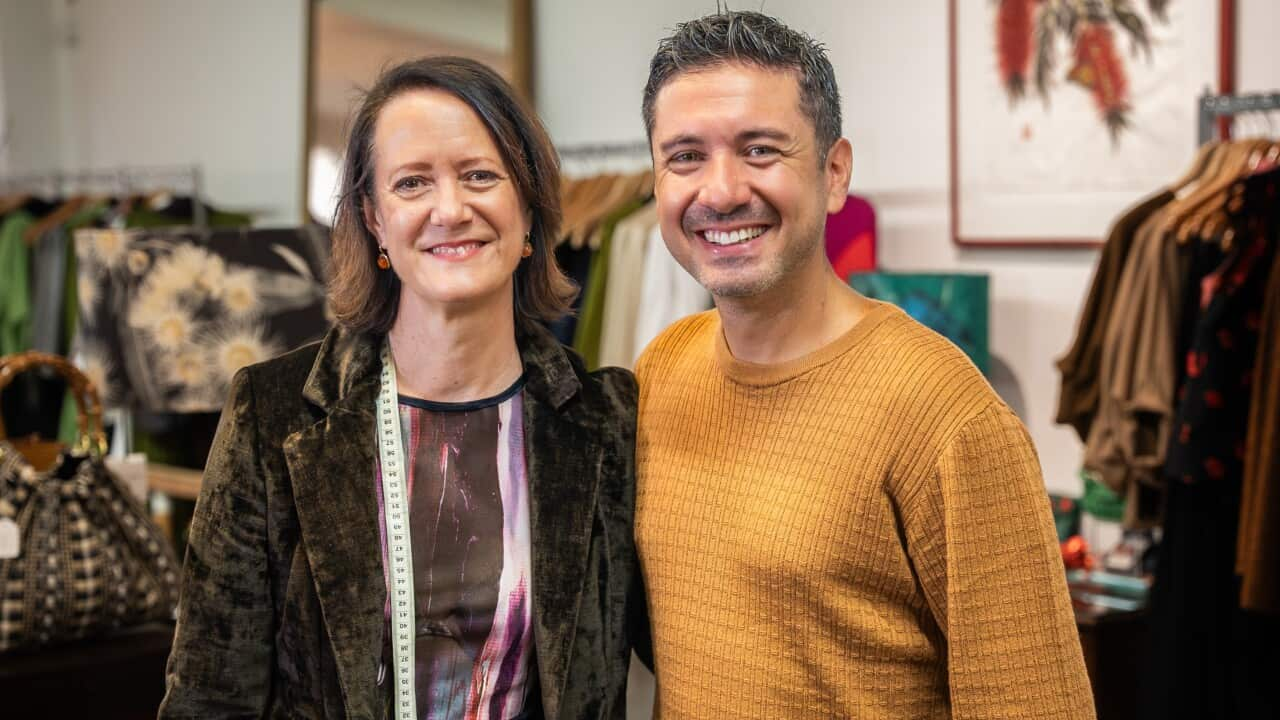“Rents have gone up 10 per cent this year, as they did last year as well. Fabric costs have gone up, linen in particular,” she said.
“The profit margins are getting smaller. So, yes, it is stressful.”
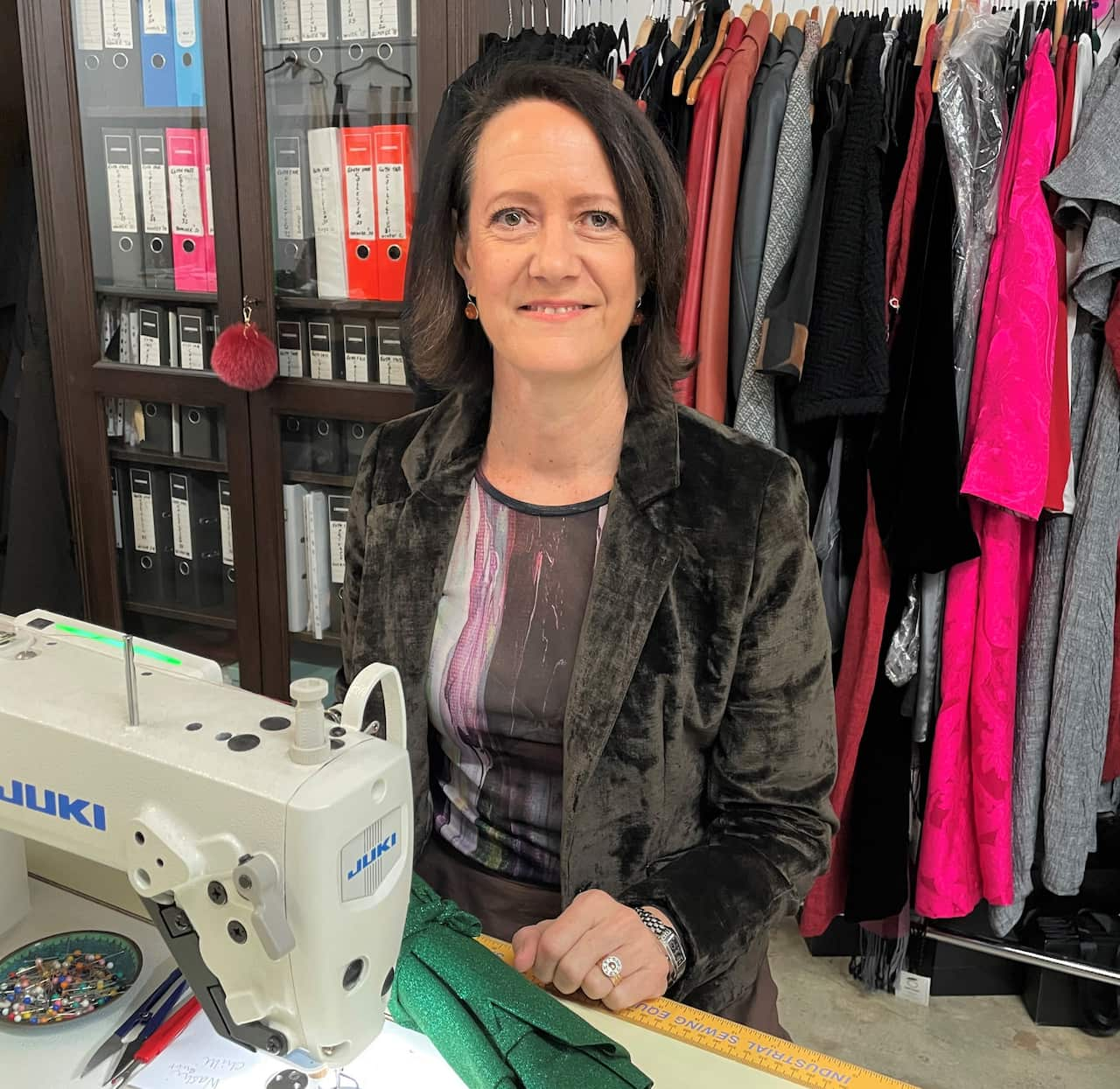
Fashion designer Ruth Tate says turning a profit is getting harder during the current cost of living crisis. Source: SBS / Sandra Fulloon
So to beat the cost crisis, the 58-year-old is collaborating with her neighbour Fabio Stefanelli, who owns the restaurant next door.
“Then tables and chairs that are stored downstairs are brought up, with all their cutlery, napkins, glasses. And the shop becomes a dining room.”
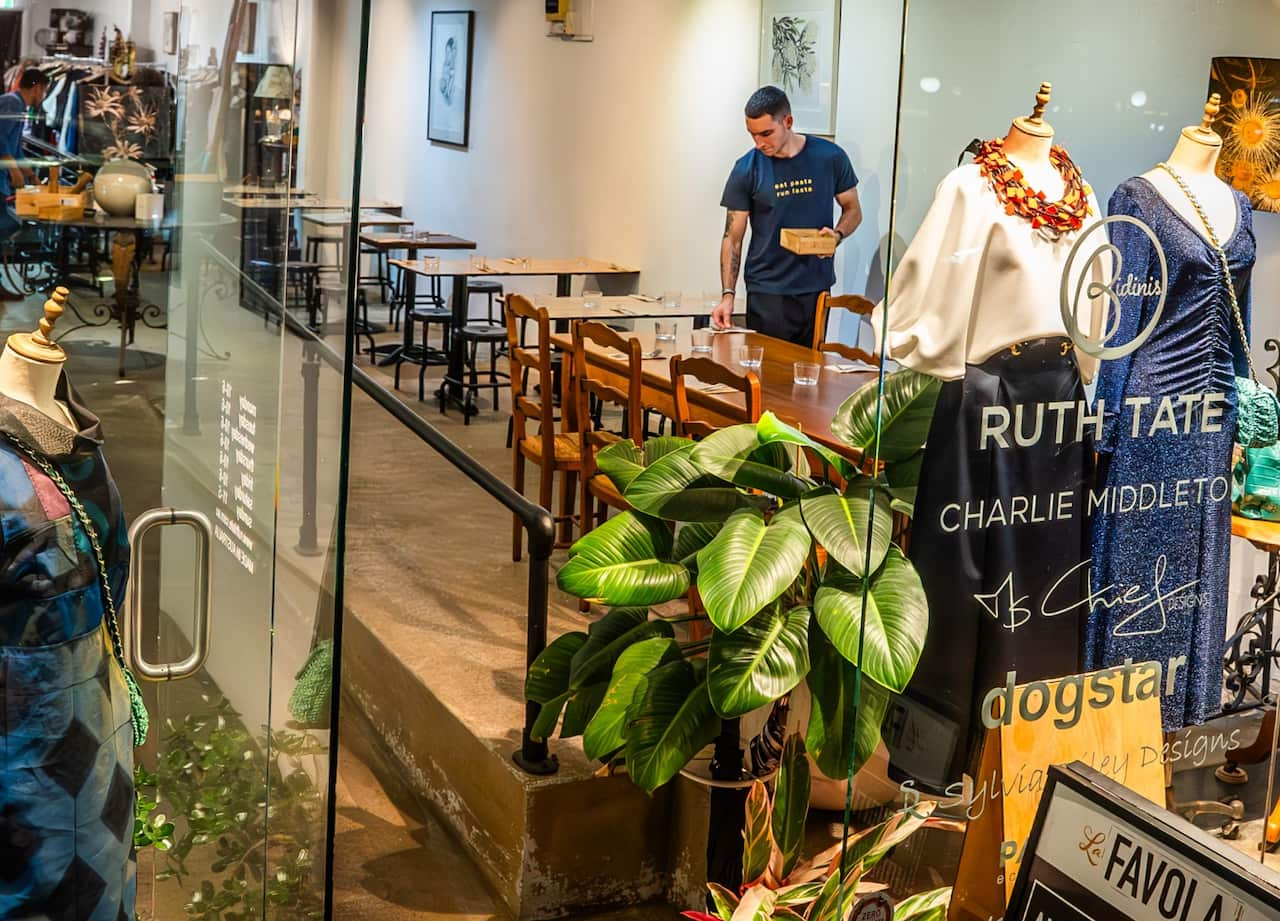
The Ruth Tate fashion store transforms into an Italian restaurant at night. Source: SBS / Spencer Austad
“The collaboration is really good. It brings in new customers, and they are a different group to my usual customer base. So, it works well,” Tate said.
“My restaurant is a very tiny space. That is why Ruth and I have a deal,” Stefanelli said.
“By adding extra tables at busy times, we can bring in more money.”
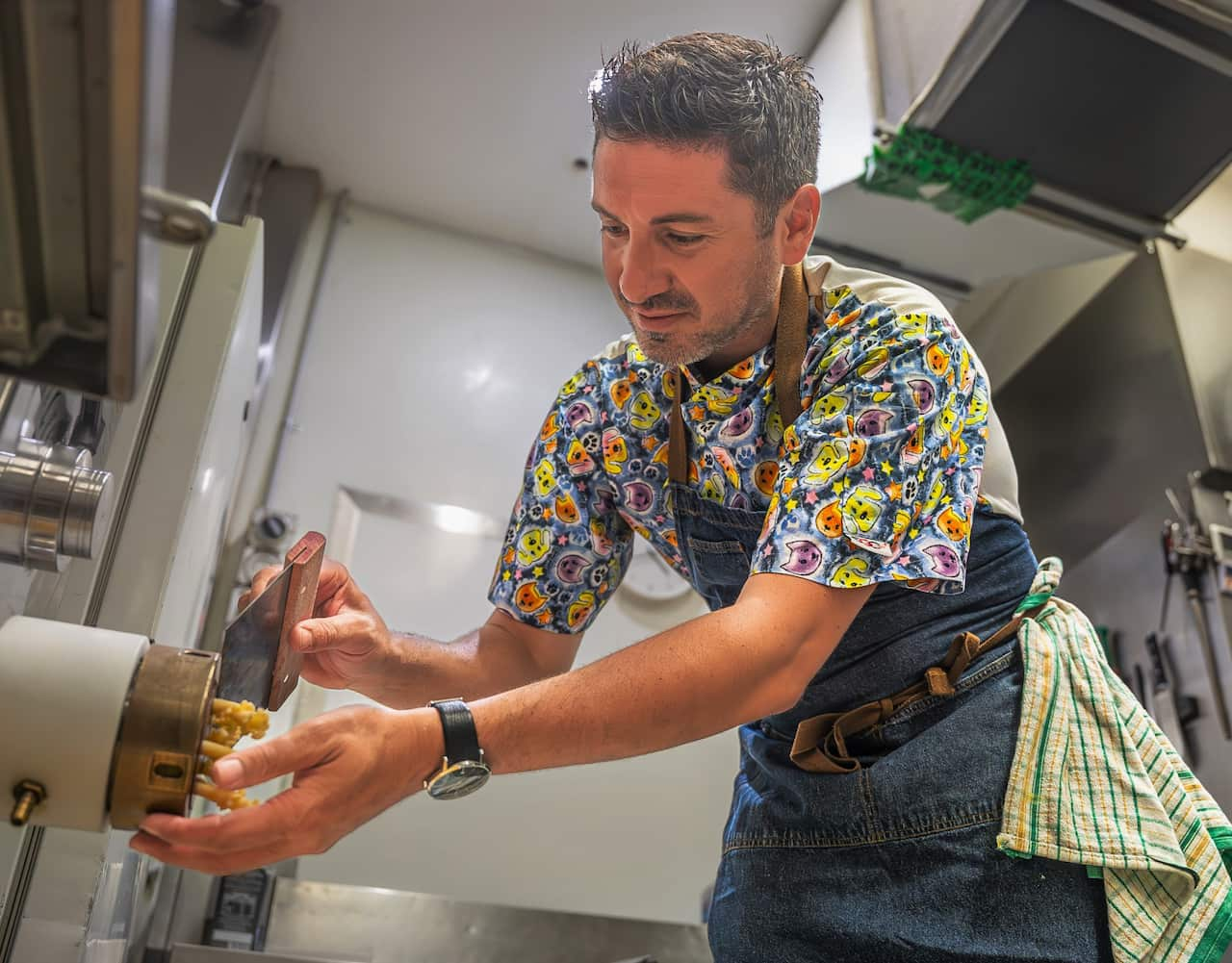
Restaurant owner Fabio Stefanelli says using the boutique space at night helps him earn extra revenue and manage rising costs. Source: SBS / Spencer Austad
They started sharing space in winter this year after securing all necessary permits from the council and say the move has been a hit with customers too.
“It’s certainly the first time I’ve eaten at a restaurant that’s also a fashion store during the day,” customer Trevor Mccann said.
For giving up space at night, Tate is repaid with free catering for events and functions.
“Plus, Ruth is a very nice person and I [am] very happy to have the collaboration with this fantastic woman. And I hope lots of other business owners have as nice a neighbour as I do.”
Experts welcome solutions like this as a way for Australia’s 2.5 million small business owners to survive current economic challenges.
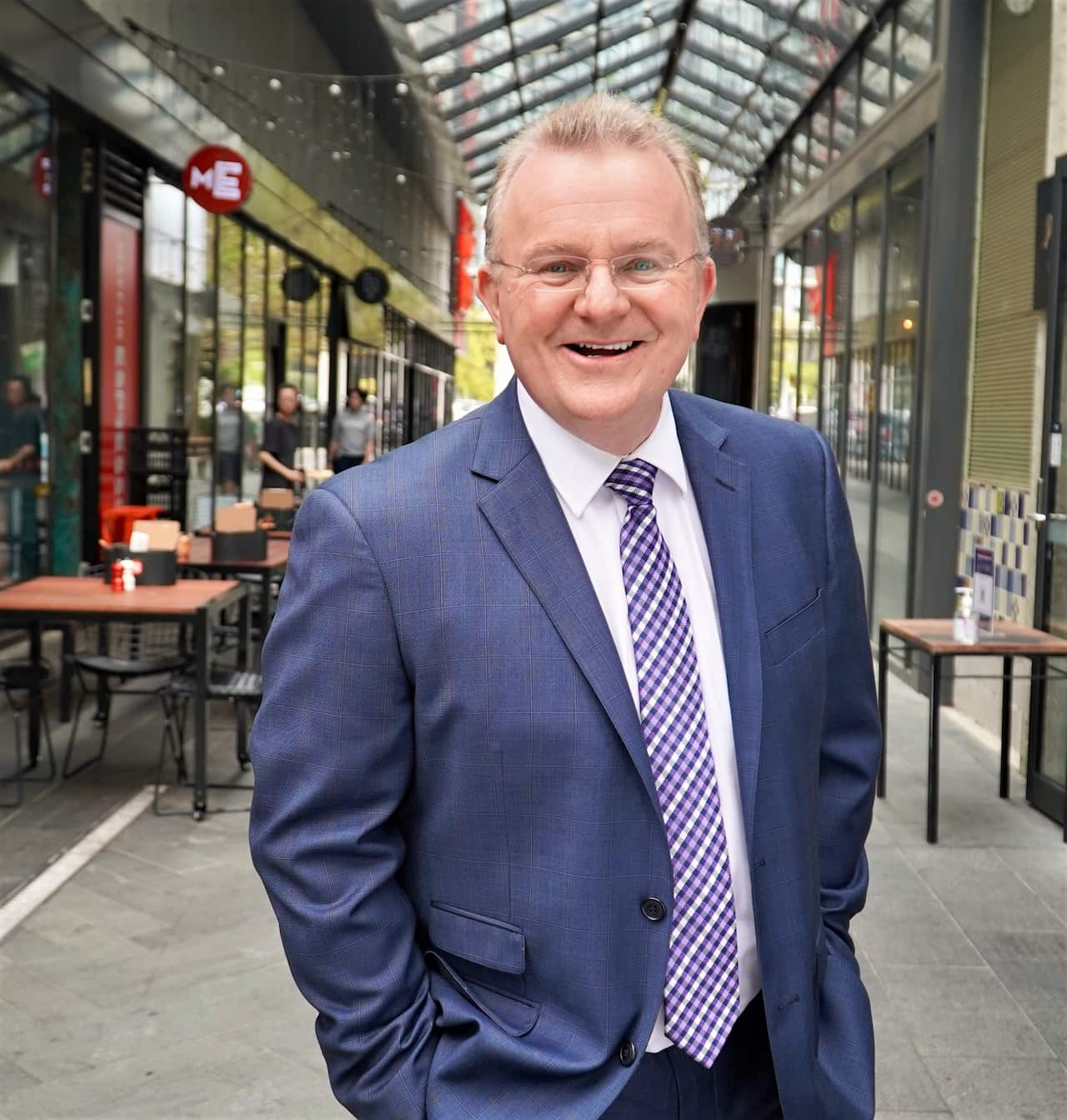
The latest data from ASBFEO shows requests for assistance from struggling business owners have surged by 50 per cent this year. Source: Supplied / ASBFEO
The Australian Small Business and Family Enterprise Ombudsman (ASBFEO) Bruce Billson says: “This is just what we need right now, the kind of ingenuity that drives innovation and improvements in productivity.”
“Many small businesses are drawing on their cash buffers to keep their business afloat. And recent surveys have found that nearly one in four have no cash reserves left, while 18 per cent have less than a month’s cash at hand to fulfil their obligations. And costs keep rising.”
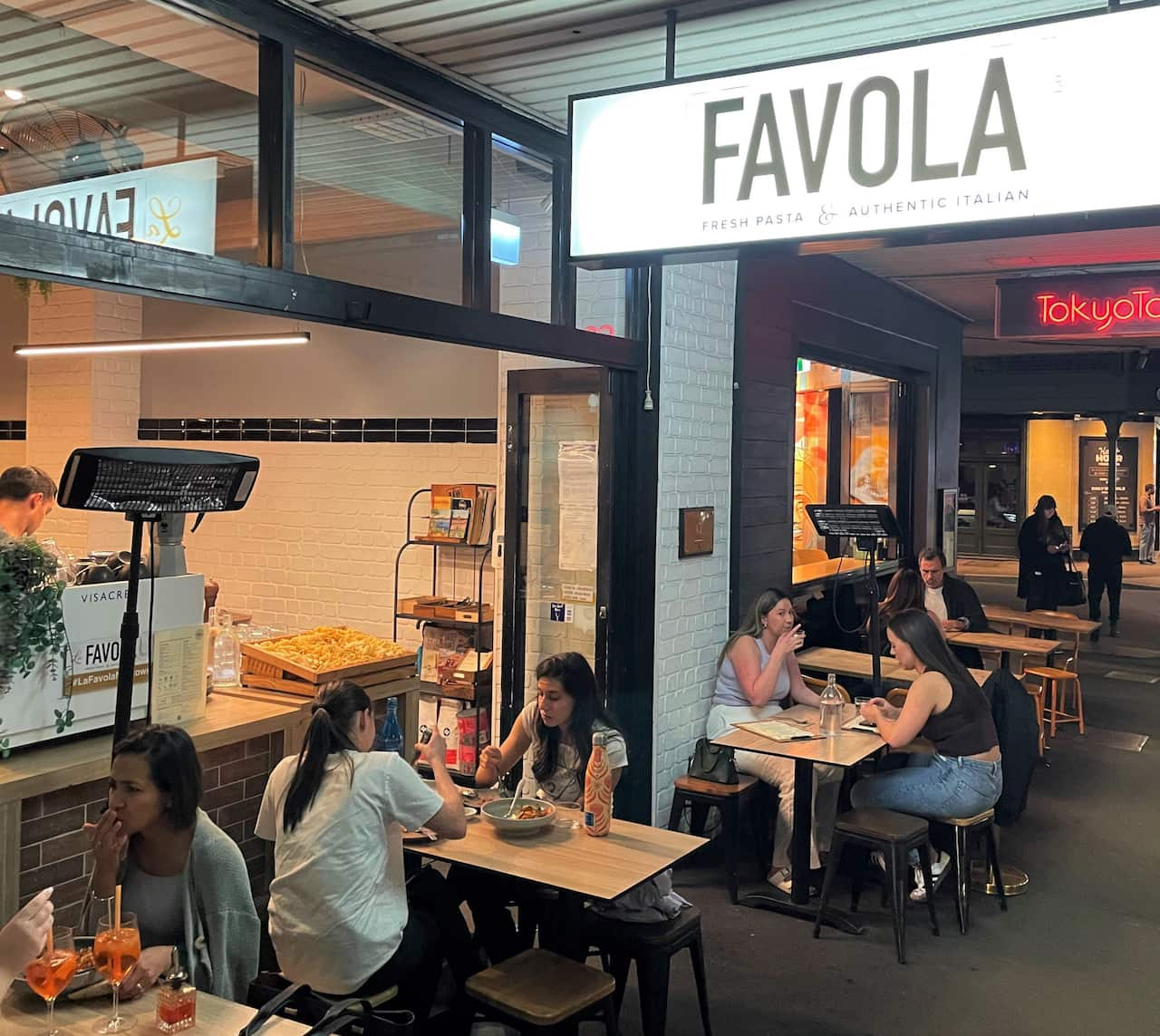
La Favola is among small businesses facing economic challenges this year. Source: SBS / Sandra Fulloon
“Interest rates are up, energy costs are up, rents are up because they’re often linked to inflation. Also, staff costs and wages are rising, and we have seen an uptick in superannuation as well,” Billson said.
Tate knows a lot about managing costs. She has run several businesses since migrating to Australia in 1995 from London, where she also worked in the fashion industry.
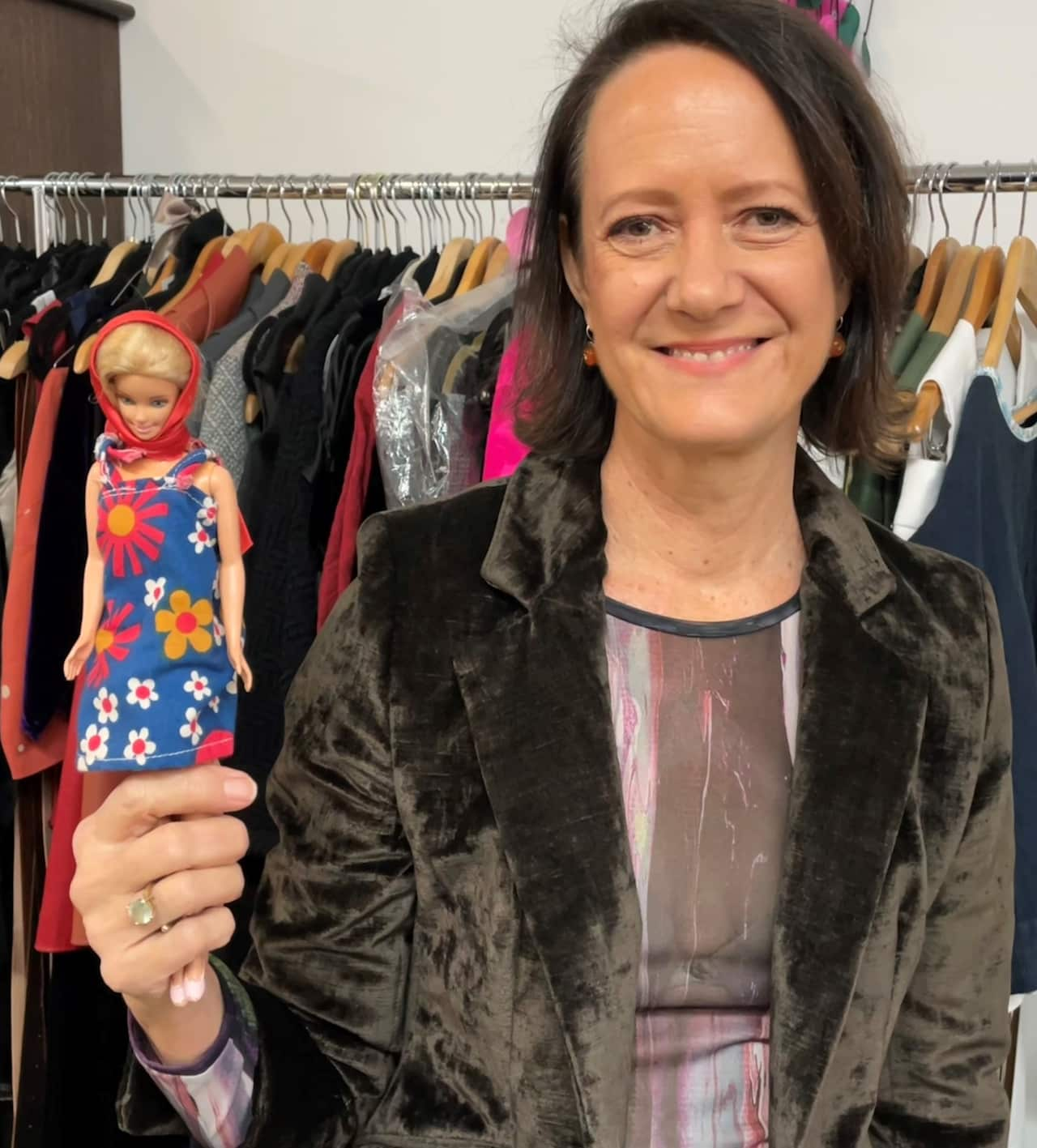
Ruth Tate’s earliest outfits were made for dolls and designed while she was growing up in the West Indies. Source: SBS / Sandra Fulloon
Although Tate’s Newtown store showcases recent styles, her earliest outfits were made for dolls and designed while she was growing up in the West Indies.
“I tend to make clothes up as I need them. So that keeps the cost down to spending money on materials only when I need to.”
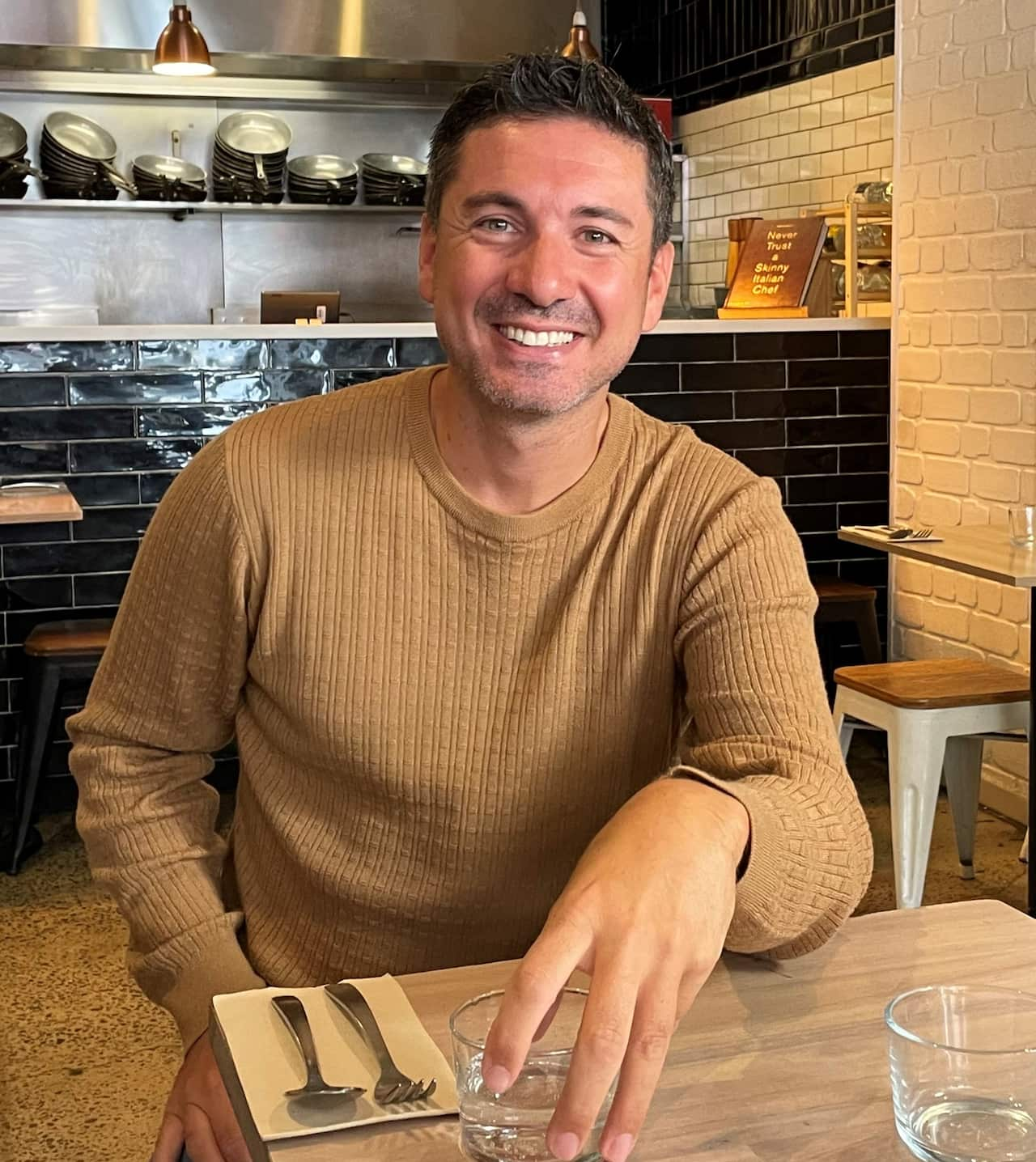
Fabio Stefanelli says running costs have increased significantly since he opened the restaurant in 2019. Source: SBS / Sandra Fulloon
Stefanelli was born in Southern Italy and, like Tate, has pursued his career passion ever since. But he says turning a profit from a Sydney restaurant is harder than ever.
Failing to pay tax debts is one indicator of business hardship. Credit reporting bureau CreditorWatch recently released data showing that thousands of private Australian businesses have failed over the past six months due to defaulting on substantial tax debts.

CreditorWatch CEO Patrick Coghlan says they expect ATO tax defaults to keep rising. Source: Supplied / CreditorWatch
The Australian Taxation Office’s outstanding debt now sits at approximately $52 billion, and of that, around $34 billion is owed by small and medium-sized enterprises (SMEs). The blowout follows a ‘hands-off’ approach to debt enforcement during the pandemic.
“The industries most impacted are hospitality and construction. We’re seeing a little bit from retail as well. And then size-wise, it’s definitely more skewed to small businesses,” Coghlan said.
“Lots of people think a restaurant is a good business. But it’s very, very, very tough.”
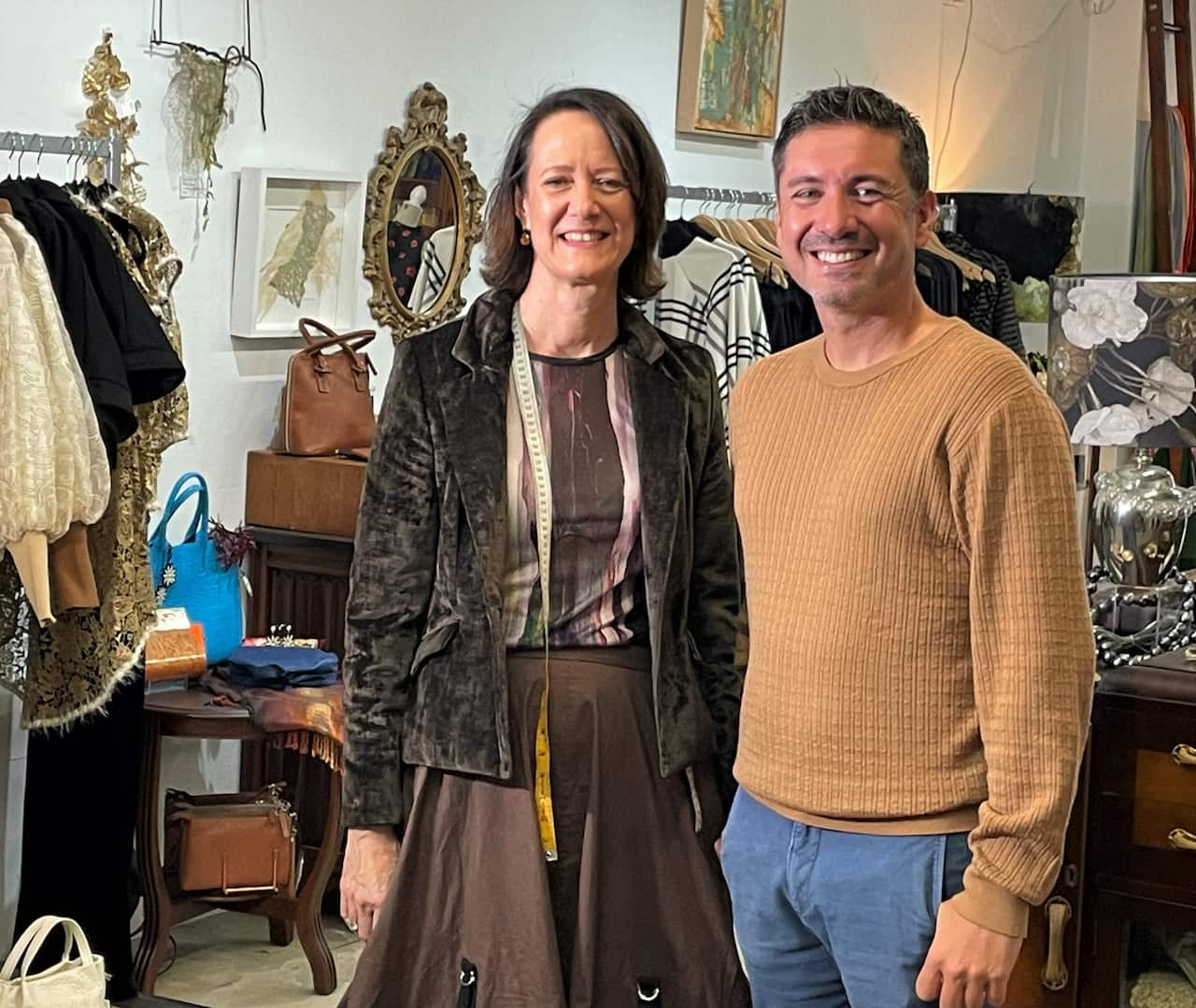
Ruth Tate and Fabio Stefanelli suggest collaborating with neighbours to cut costs. Source: SBS / Sandra Fulloon
For Tate and Stefanelli collaboration is about more than being good neighbours — they’re becoming good friends, too.
This story was produced in collaboration with SBS Italian.
